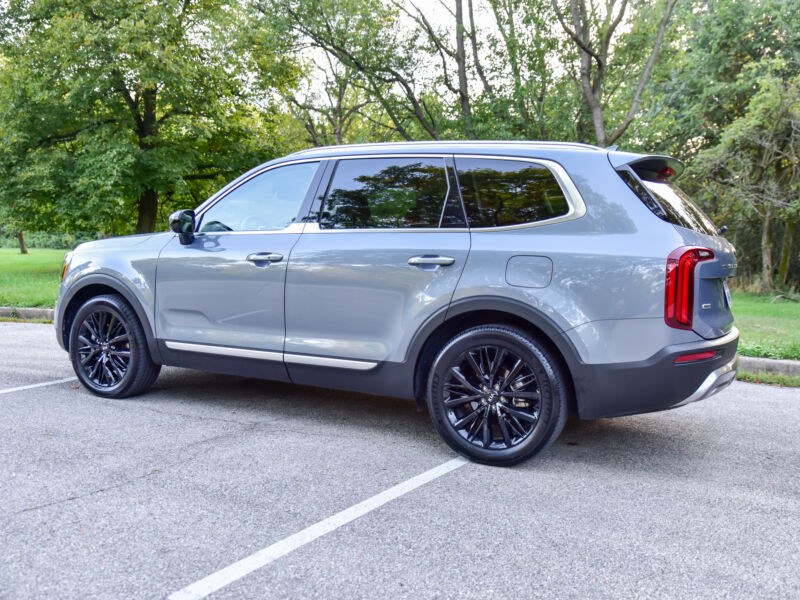
Hybrid cars have become increasingly popular in recent years, spurred on by concerns about the environment and rising fuel costs. These vehicles promise to combine the best of both worlds: the fuel efficiency of an electric car with the convenience of a traditional gasoline engine. However, like any technology, hybrid cars come with their share of pros and cons. In this article, we’ll explore both sides of the coin to help you decide whether a hybrid car is right for you.

Pros:
- Fuel Efficiency: The primary advantage of owning a hybrid car is its fuel efficiency. These vehicles use a combination of gasoline and electric power to achieve higher gas mileage than traditional cars. In some cases, hybrid cars can achieve up to 50 miles per gallon, which can result in significant savings at the pump.
- Environmental Friendliness: Hybrid cars produce fewer emissions than traditional cars, making them a more eco-friendly choice. This is especially true for plug-in hybrid cars, which can be charged using renewable energy sources like solar power.
- Tax Incentives: In many states, owners of hybrid cars are eligible for tax incentives that can help offset the higher cost of these vehicles. Additionally, some cities offer perks like free parking or access to HOV lanes for hybrid car owners.
- High Resale Value: Hybrid cars tend to retain their value better than traditional cars, making them a smart investment in the long run.

Cons:
- Higher Initial Cost: The biggest drawback of owning a hybrid car is the higher initial cost compared to traditional cars. Hybrid cars can cost several thousand dollars more upfront, which may not be financially feasible for some buyers.
- Limited Range: Hybrid cars rely on their electric battery for a portion of their power, which means they have a limited range before needing to be recharged. While most hybrid cars can travel between 300-400 miles before needing a fill-up, this is still less than traditional cars can manage.
- Maintenance Costs: Hybrid cars require specialized maintenance that can be more expensive than traditional cars. Battery replacements, in particular, can be costly.
- Less Power: Despite their fuel efficiency, hybrid cars generally have less horsepower and torque than traditional cars. This can be a downside for drivers who want a more powerful vehicle.
Whether a hybrid car is right for you depends on your individual needs and budget. If you’re concerned about the environment and want to save money on gas, a hybrid car may be a smart investment. However, if you’re looking for a more powerful vehicle or don’t have the budget for a higher upfront cost, a traditional car may be a better choice. Ultimately, the decision is yours to make based on your priorities and lifestyle.








